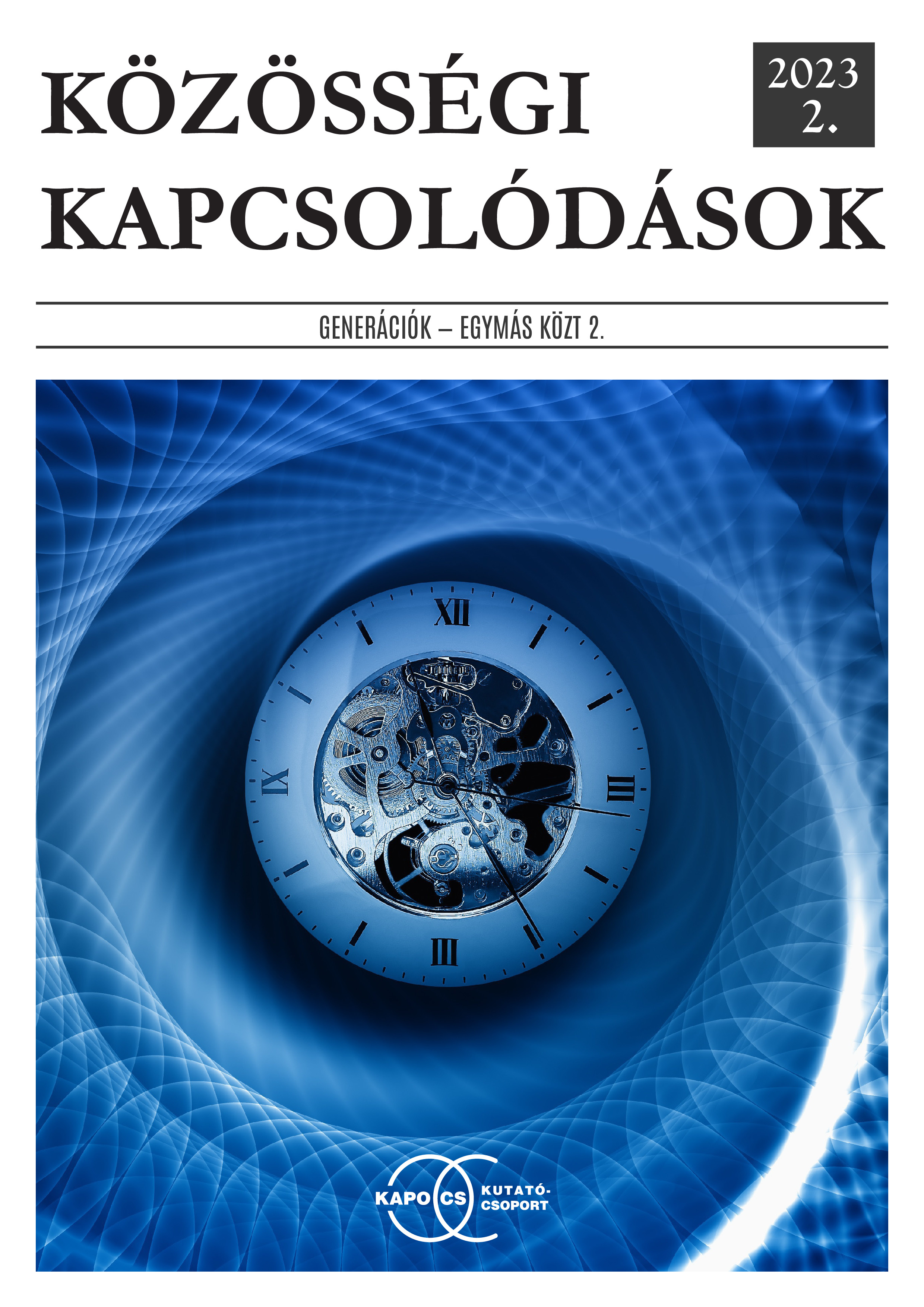"... I must submerge the poem in water and then dissolve it" Haiku interpretation for high school students
Main Article Content
Abstract
The level of abstract thinking is highly correlated with academic performance. A high level of abstract thinking can lead to good academic results in mathematics and science (Shayer 1999; Nurjannah, Kusnandi 2020). The process of abstraction is considered the core of computational thinking (Zehetmeier et al. 2019). Students with abstract thinking are able to think deductively and inductively, can analyse possibilities and make good use of abstract ideas (Velasquez 2013). A high degree of abstraction is involved in the interpretation of symbols (Kapitány, Kapitány 2020). Szepes (2014) argues that it is precisely the symbolic imagery of a poem written in the haiku genre that makes it a haiku genre, when a figurative, thoughtful plane is hidden behind the poem's perceptual imagery.
In our research, we investigate abstract thinking based on the interpretations of haiku by young high school students. We analyse the interpretation of the symbol of water in Ákos Fodor's poem „Preparation Proposal”, written in haiku, based on the responses of 449 secondary school students from three secondary schools in Szeged. Our analysis is based on data from the KAPOCS Research Group's 2022 reading survey.
In our research, we are looking for answers to the question: what type and amount of abstract concepts did secondary school students use to interpret the symbol of water? Is the frequency of abstract concept use related to their book reading habits?

